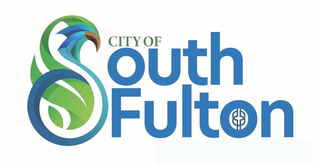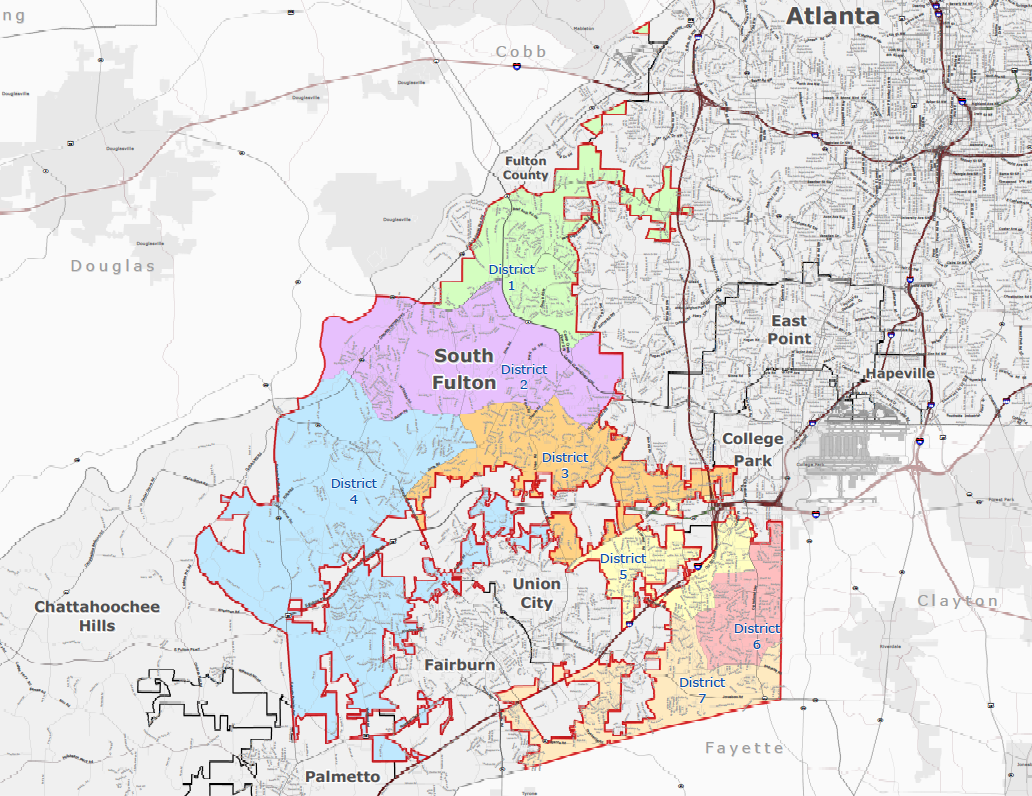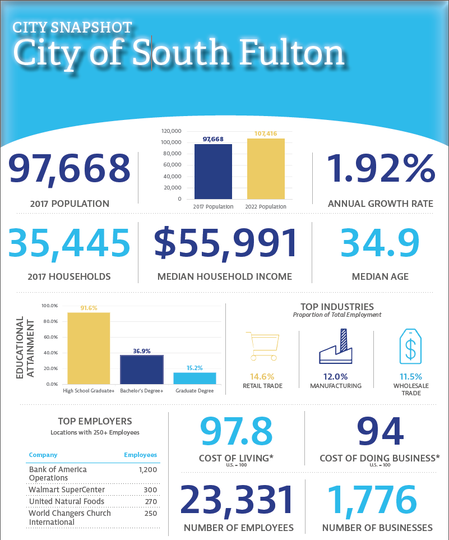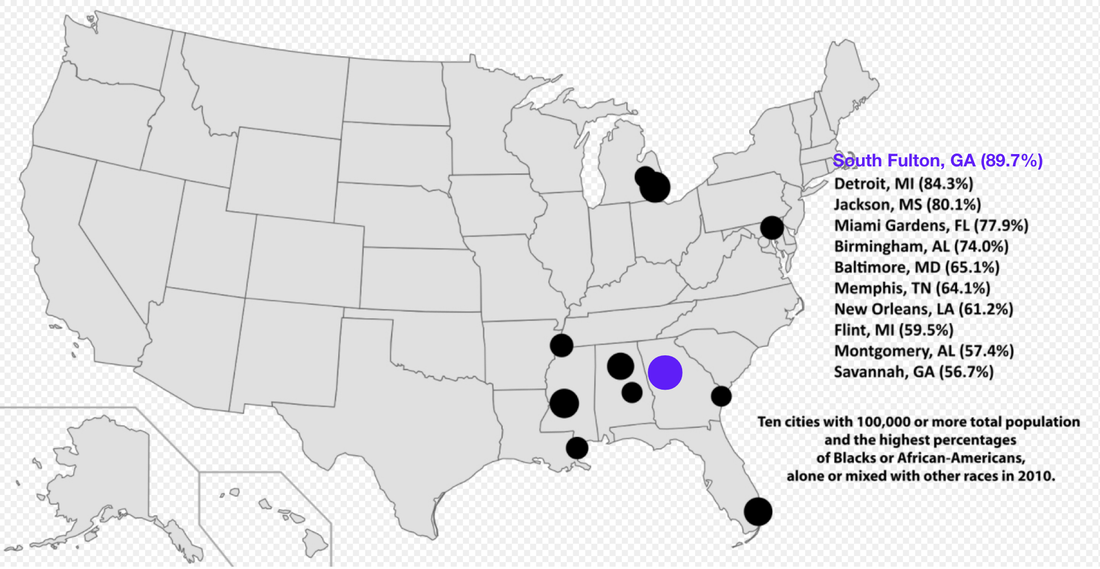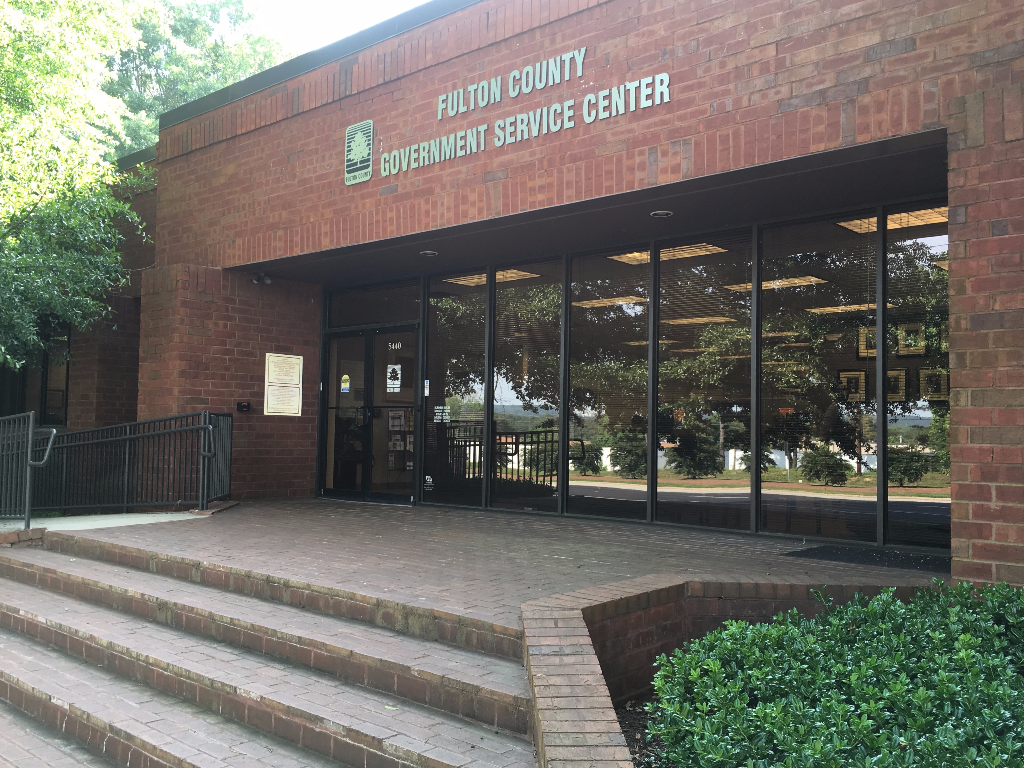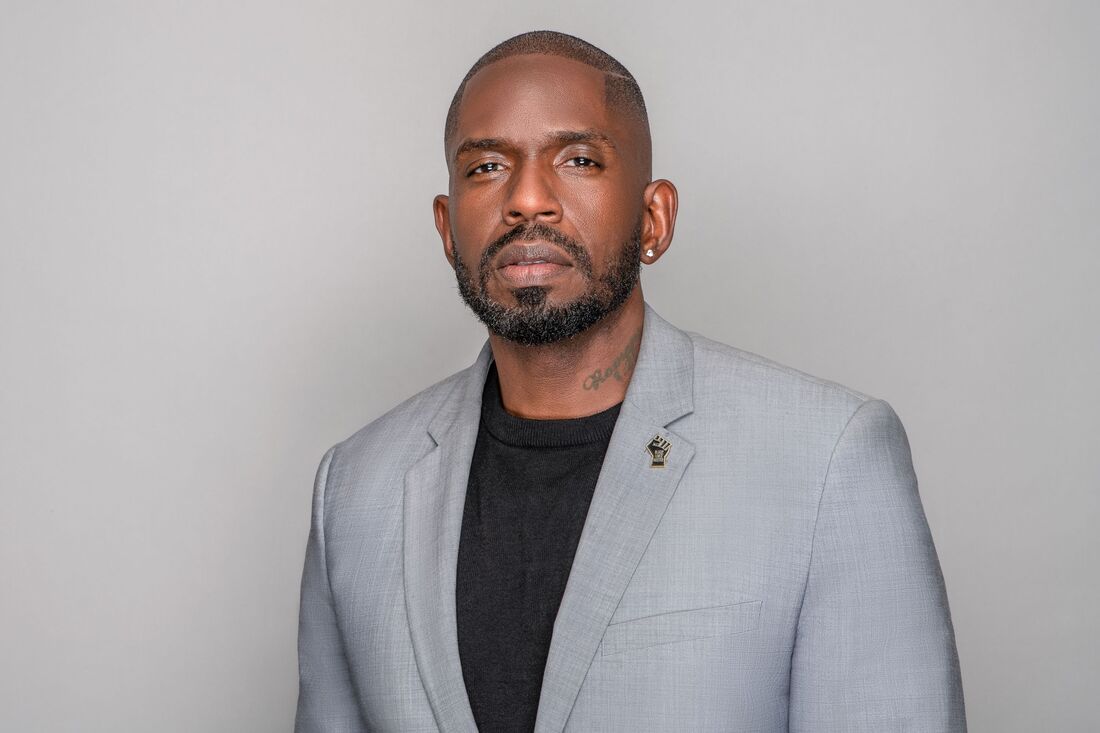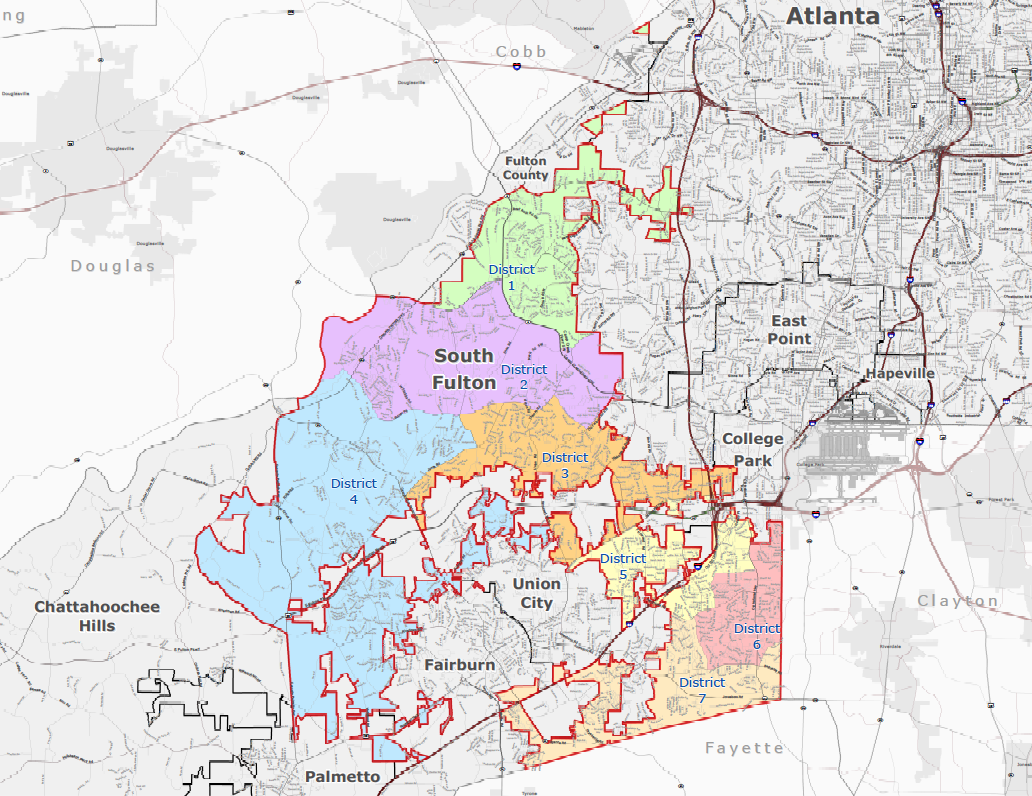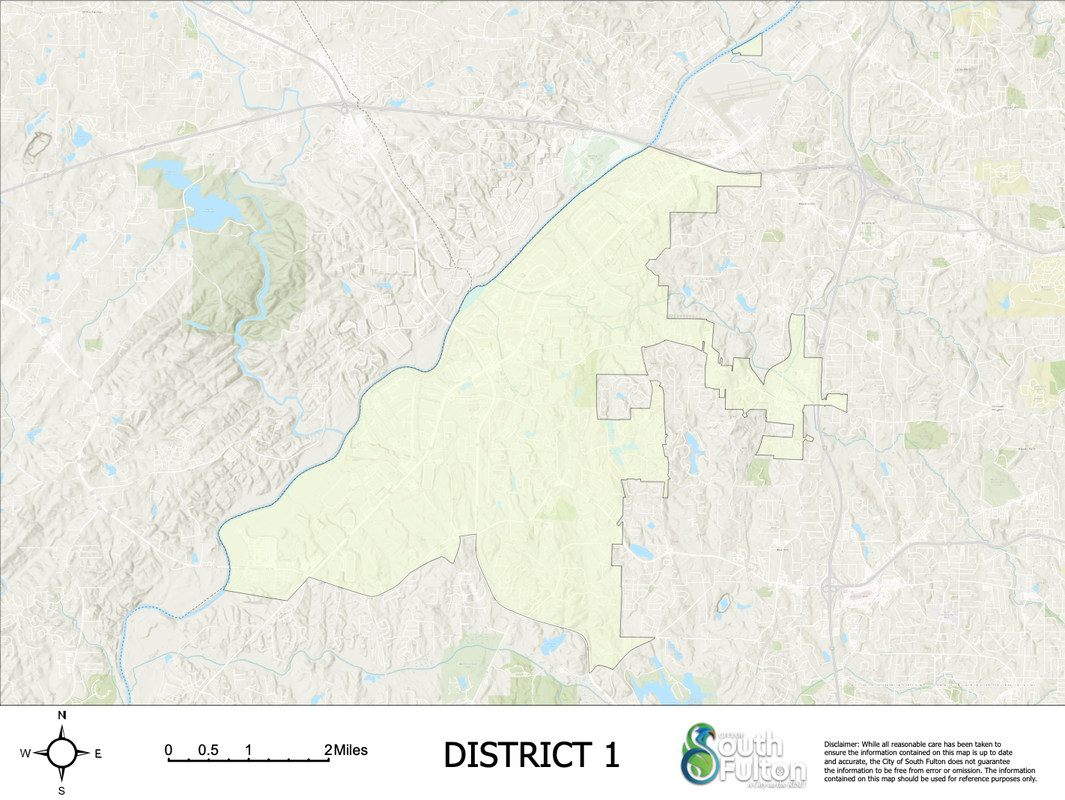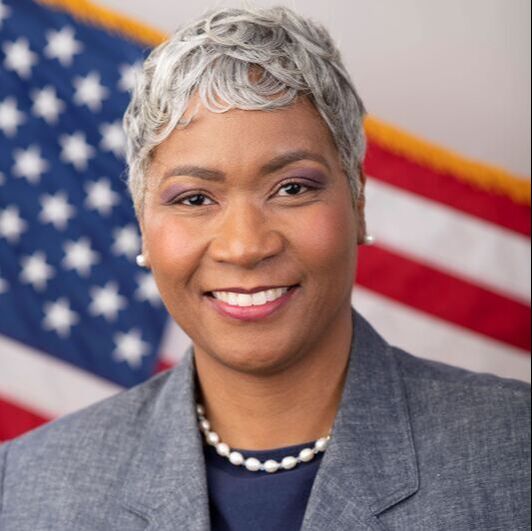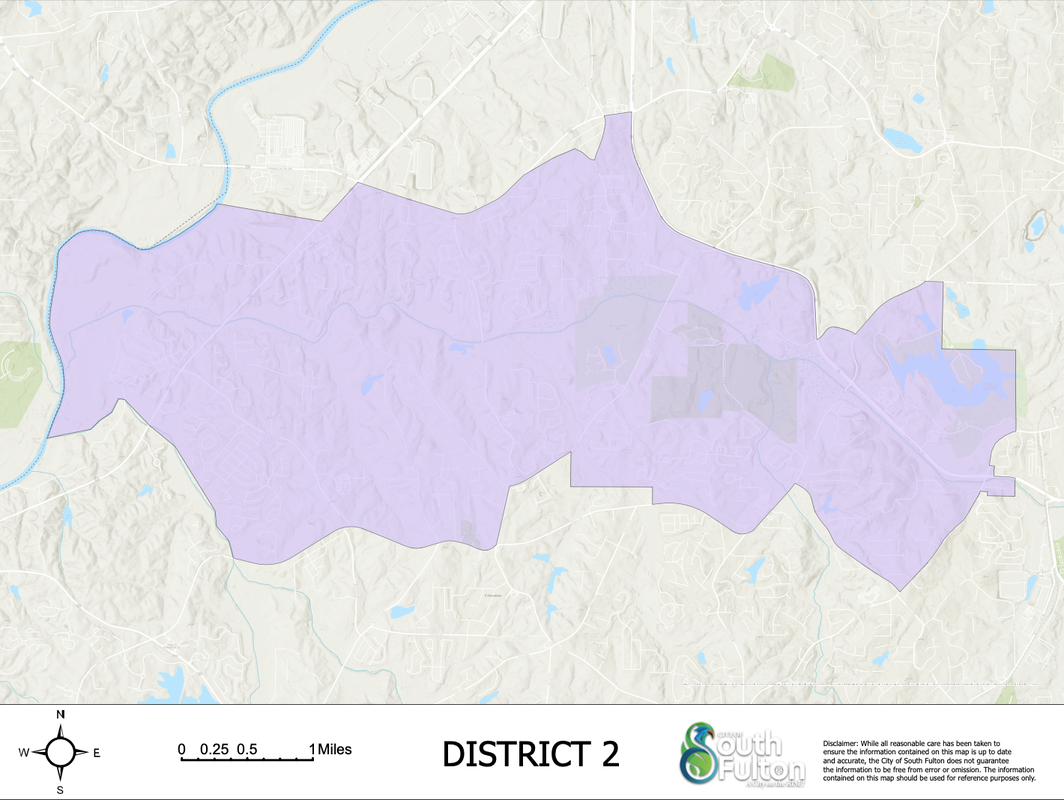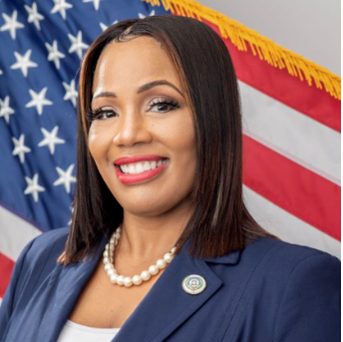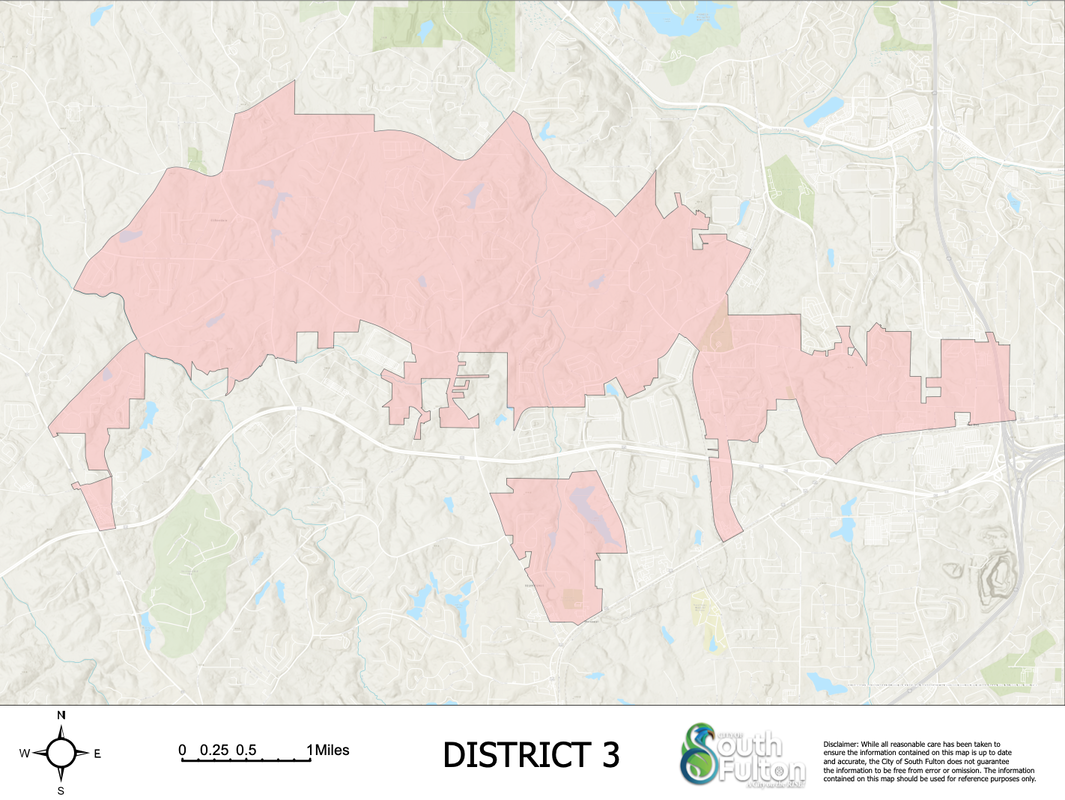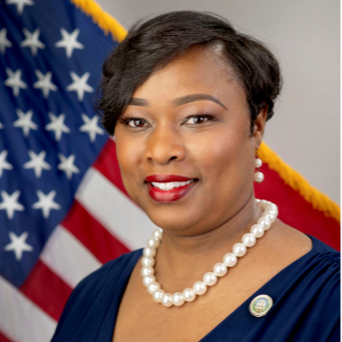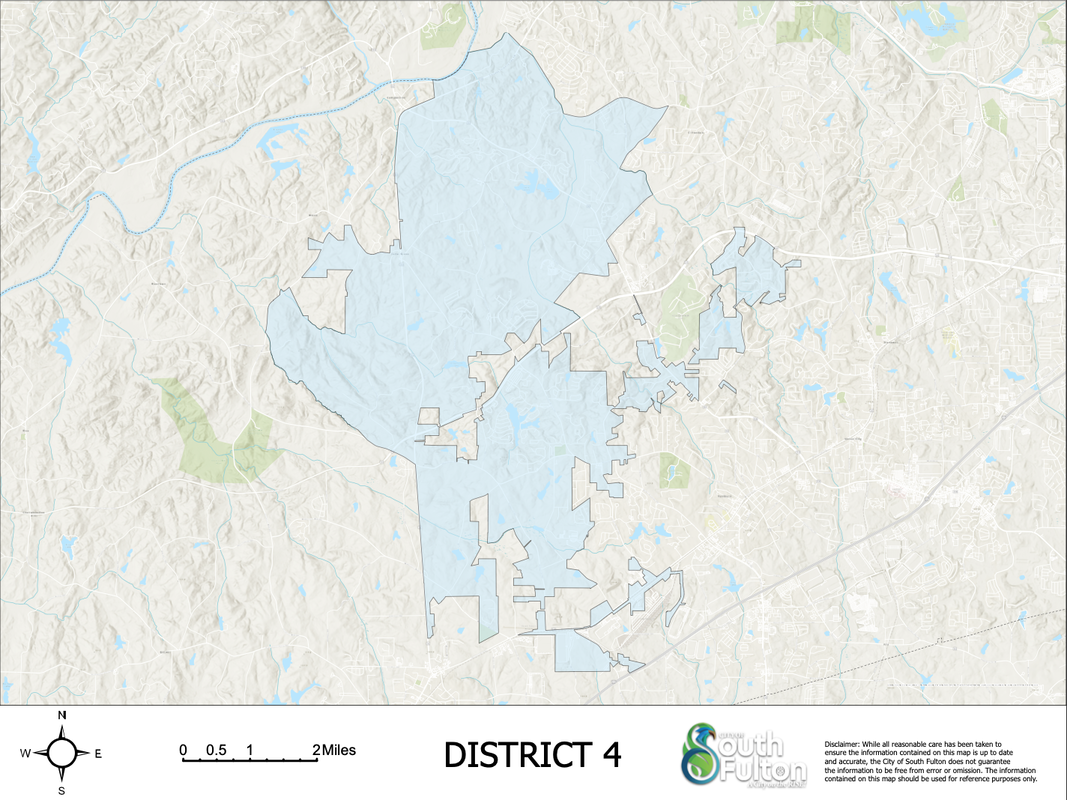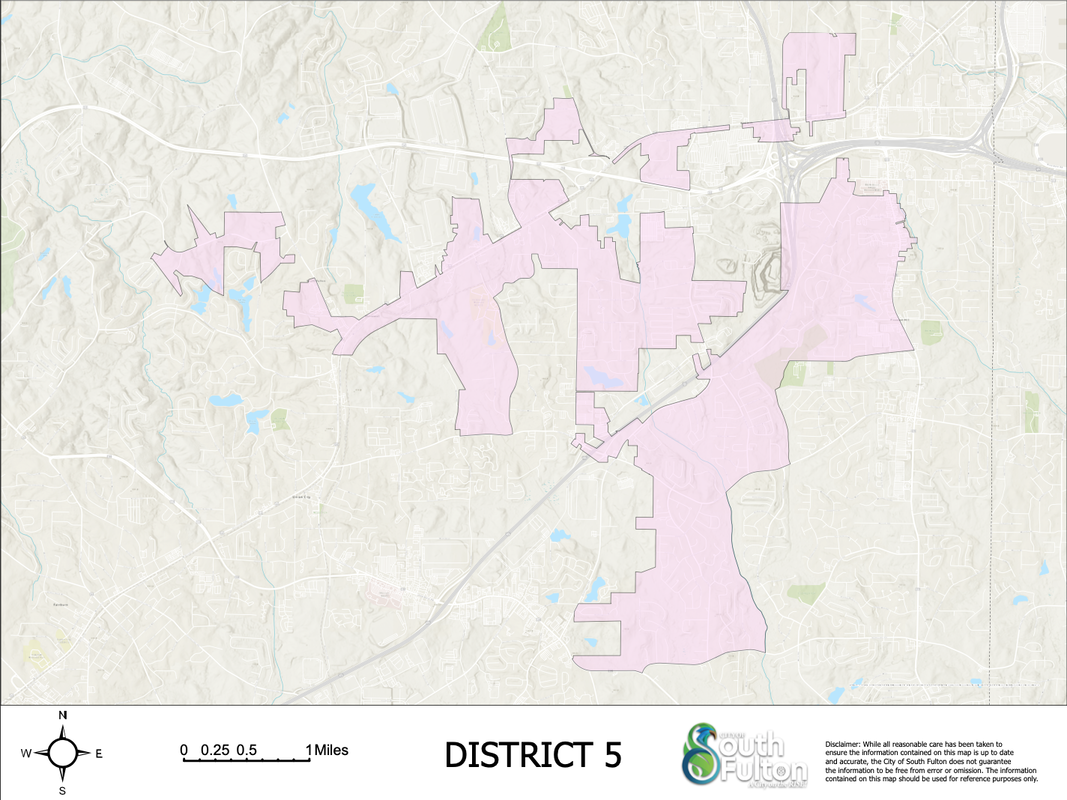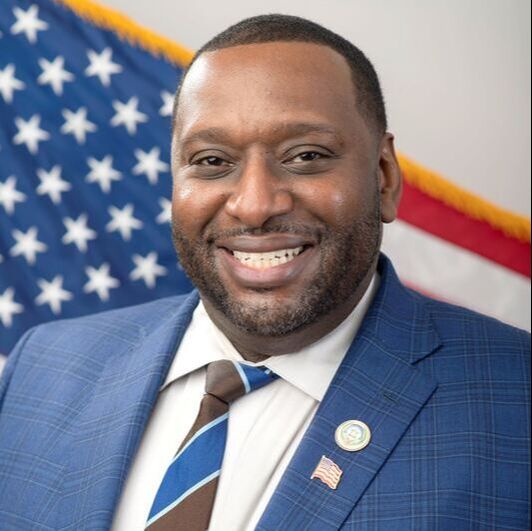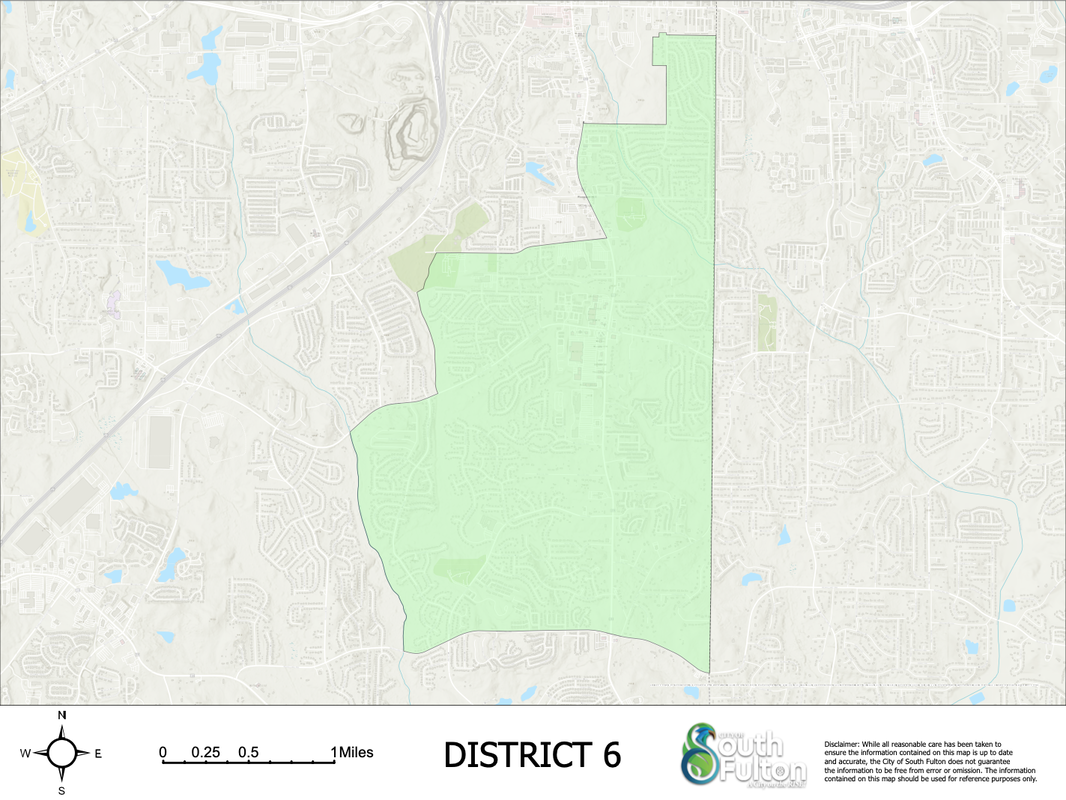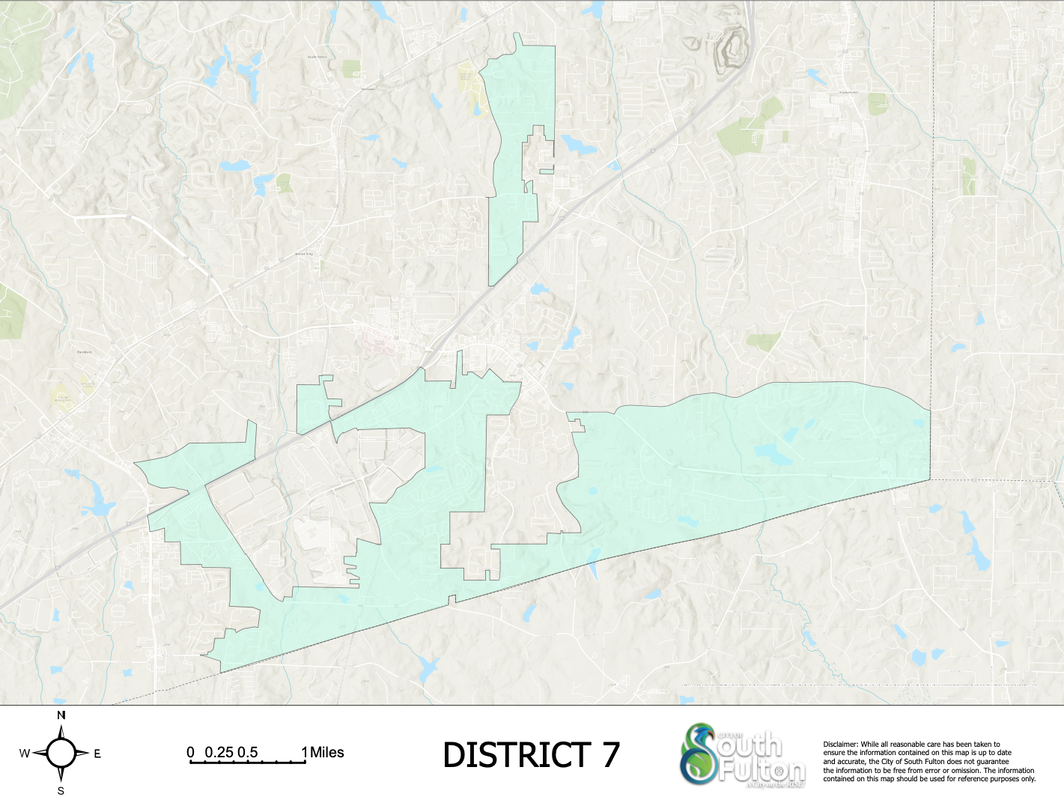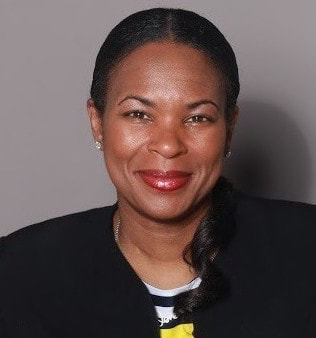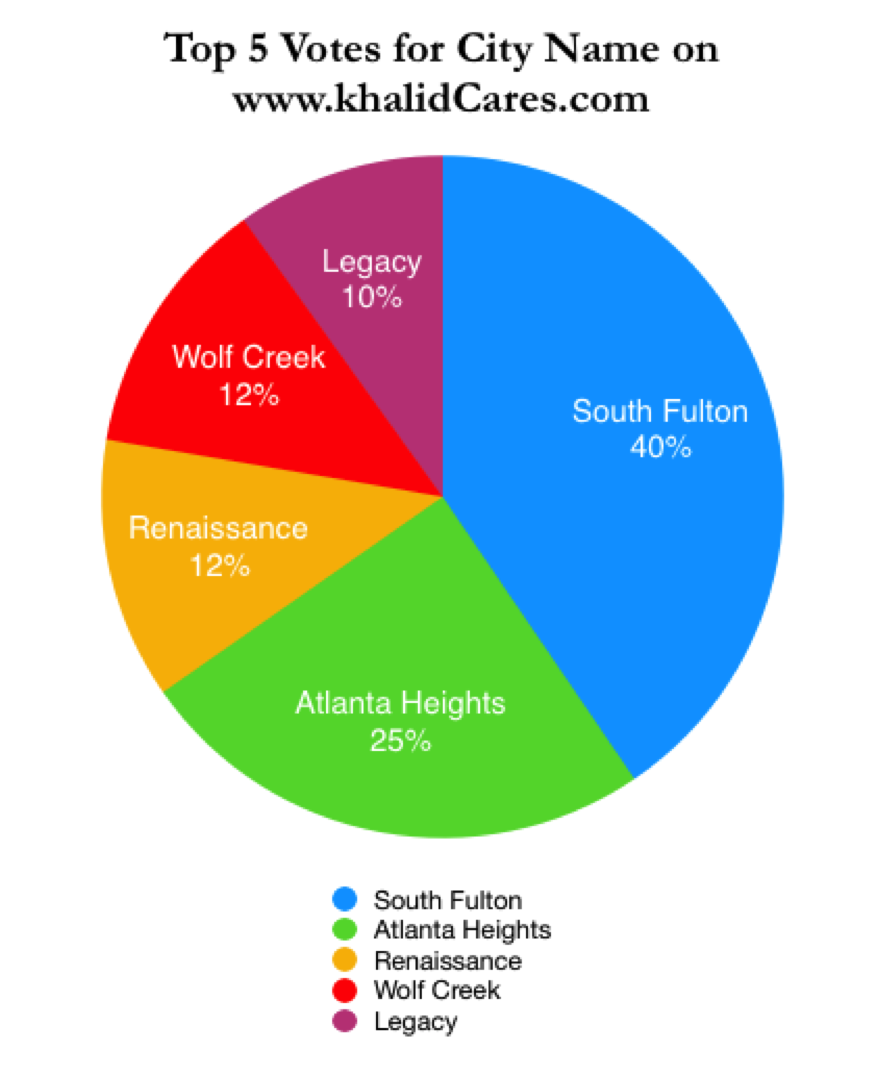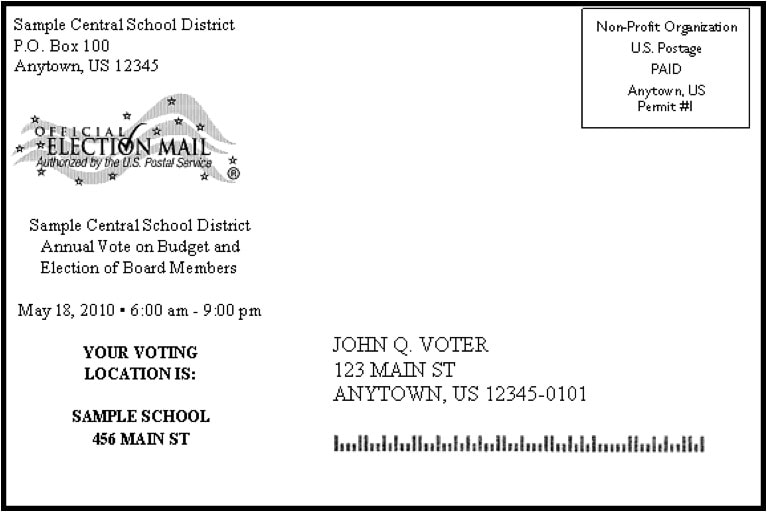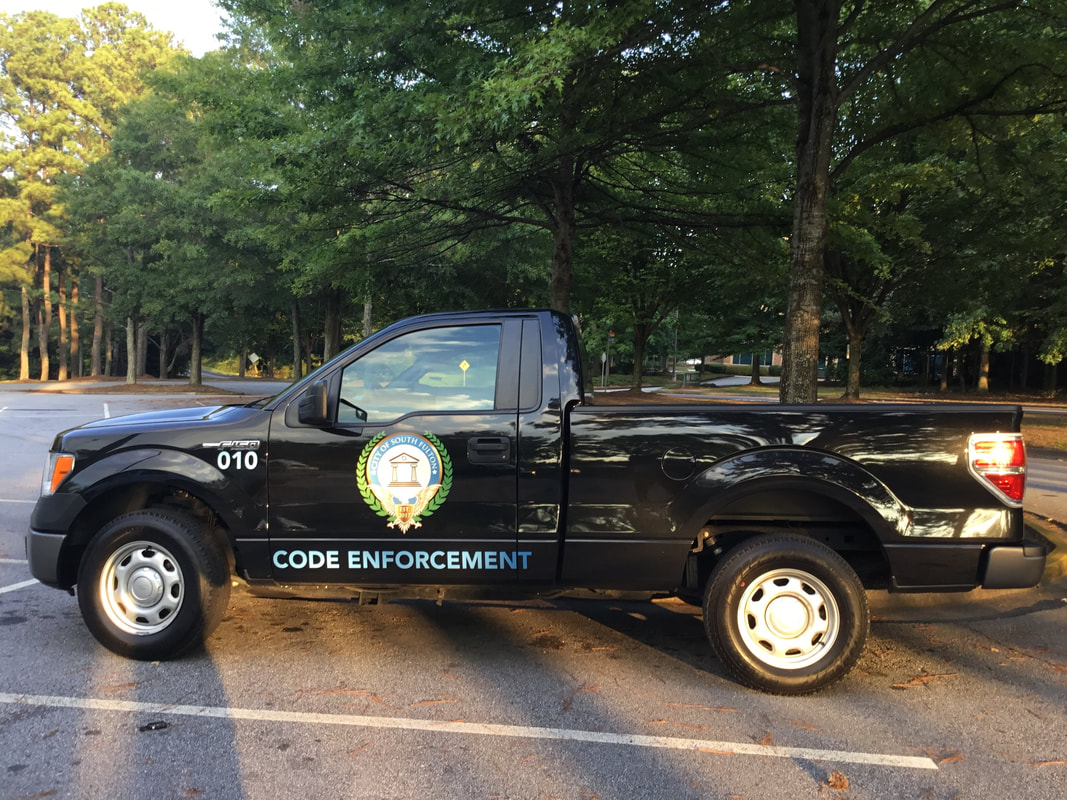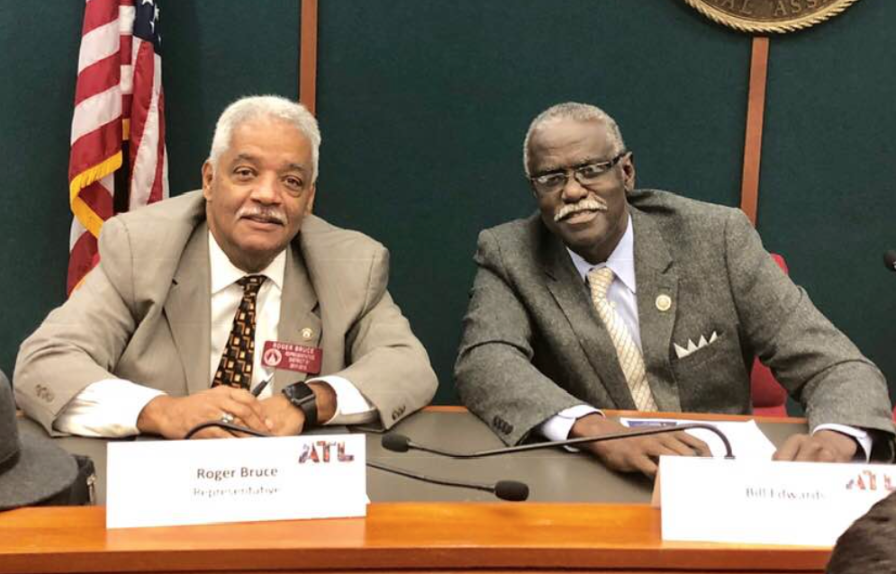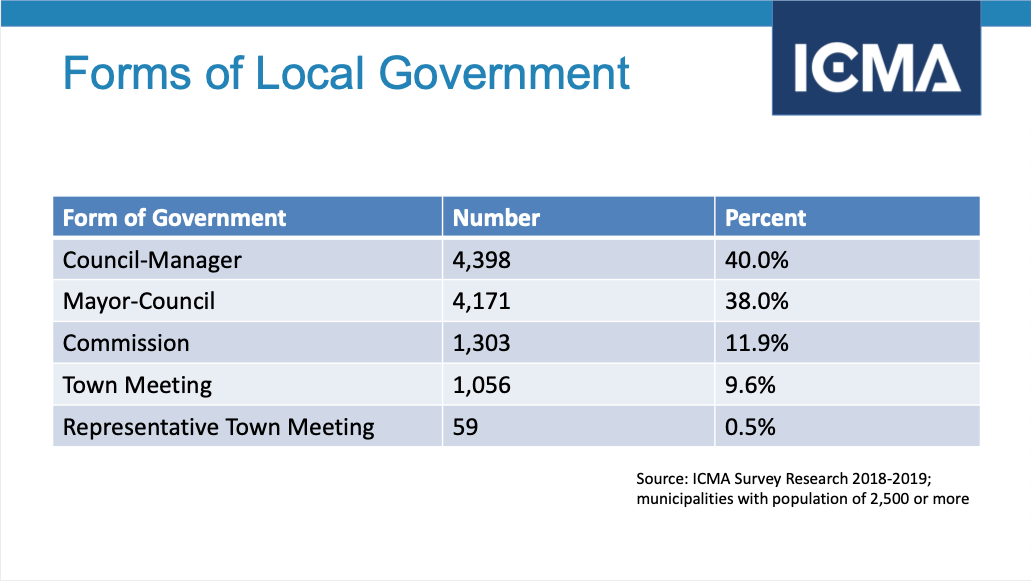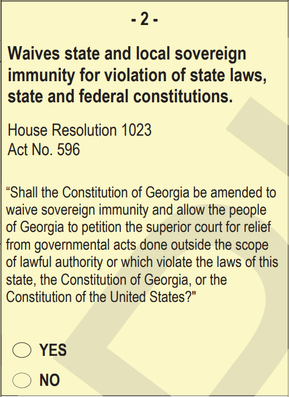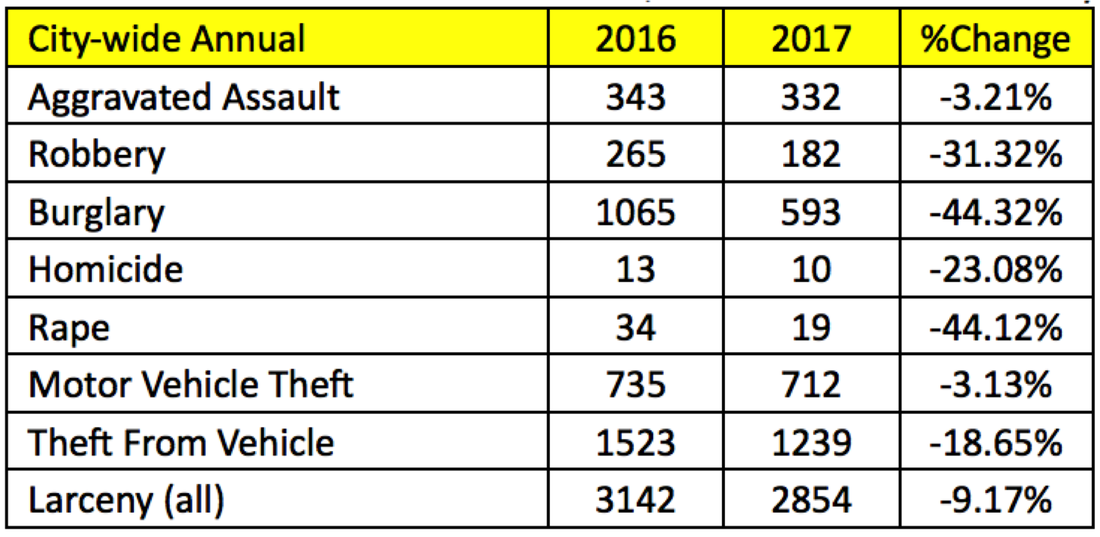SOUTH FULTON 101
Atlanta's Twin City & New American Capitol of the African Diaspora
Black. On Purpose.
Established in 2017, Atlanta’s new twin city — South Fulton, GA — is 100 square miles with over 100,000 residents and a nearly $200 million budget. South Fulton’s population is 92 percent African American, making this formally unincorporated area of Fulton County (affectionately known in hip-hop as the S.W.A.T.S.) the Blackest City in America. This new, international Black mecca boasts an average median income higher than Atlanta (which has lost its Black majority) or Chicago (see economic data below) and a home ownership rate of 69% — one of the highest in the nation across all demographics. Our honor roll of residents includes late Civil Rights Icon John Lewis, Tony award-winner Kenny Leon’s True Colors Theatre, Grammy-winning artists Kandi Burruss, Ludacris and 2 Chainz, legendary MLB center-fielder Marquis Grissom and Heisman trophy-winning, NFL quarterback Cam Newton.
|
|
ORIGIN STORY
Kujichagulia: Self Determination
The City of South Fulton was shaped by a race to cityhood that swept through the Atlanta metropolitan area in recent years. In the early 2000s, wealthy suburbs in North Fulton County began to incorporate into cities, misled by the myth that their tax dollars were flowing to South Fulton County to help pay for services for South Fulton residents.
Republican State Senator David Shafer passed an amendment to the state constitution which required any tax dollars collected within a city's limits to be spent in those limits. Atlanta, a relatively small city by national standards, sought to expand its boundaries & tax base through annexation of unincorporated areas of Fulton County. Cities in South Fulton County like Union City, College Park and Fairburn began annexing and expanding as well.
Republican State Senator David Shafer passed an amendment to the state constitution which required any tax dollars collected within a city's limits to be spent in those limits. Atlanta, a relatively small city by national standards, sought to expand its boundaries & tax base through annexation of unincorporated areas of Fulton County. Cities in South Fulton County like Union City, College Park and Fairburn began annexing and expanding as well.
|
|
For over a decade, residents of unincorporated South Fulton County resisted cityhood, choosing to remain one with Fulton County. However the continuing expansion & annexation by surrounding cities left unincorporated South Fulton County with an increasingly smaller tax base to provide services like Police and Parks to residents.
When the City of Atlanta, while in the midst of a massive school cheating scandal, tried to annex more unincorporated South Fulton neighborhoods & schools, South Fulton residents decided they had had enough. On November 8, 2016, the residents of South Fulton County voted to become the City of South Fulton by a margin of 59 percent. Many South Fultonites cited self-determination — the ability to control our own boarders, budget and resources – as their chief reason for supporting cityhood. |
|
This desire for self-determination is reflected Kwanzaa principle "Kujuchagulia," proposed as the city's motto by Councilmen khalid & Baker's proposed re-design of the South Fulton's City seal (above).
On March 21, 2017, the City of South Fulton held its first elections for City Council. Over 72 candidates ran for eight City Council seats (including the office of Mayor), resulting in an April runoff election. The City of South Fulton's Council was sworn into office Saturday, April 29, 2017. The City of South Fulton officially became Georgia's largest new city at midnight, May 1, 2017. The City of South Fulton's new city council immediately went to work setting up the city's Police, Fire, Parks, Planning & Zoning and Public Works departments, in addition to hiring a City Manager and a consulting firm to help select a new city name. Many stories of the City of South Fulton's early months can be found in the Archives section of this website, or in khalidCares' Newsletter Archives. |
|
South Fulton City Council • 2017-Current
FREQUENTLY CALLED NUMBERS
24/7 PUBLIC WORKS HOTLINE
(470) 552-4311
Garbage Collection, Illegal Dumping, Street Paving & Potholes
24/7 PUBLIC WORKS HOTLINE
(470) 552-4311
Garbage Collection, Illegal Dumping, Street Paving & Potholes
|
City Clerk
(470) 809-7711 Corey Adams Corey.Adams@CityofSouthFultonGA.gov Community Development Planning & Zoning Business Licenses & Taxes (470) 809-7725 Reginald McClendon, Esq. Reginald.McClendon@CityofSouthFultonGA.gov Code Enforcement
(470) 809-TELL (8355) Brian Morris, Director Brian.Morris@CityofSouthFultonGA.gov Fire Marshall (Max Occupancy of Rooms) (470) 809-7553 Donna Dingler Donna.Dingler@CityofSouthFultonGA.gov Human Resources (Jobs) (470) 809-7717 Patricia Redfern Patricia.Redfern@CityofSouthFultonGA.gov |
SOUTH FULTON CITY HALL
5440 Fulton Industrial Blvd
|
2023 CITY HOLIDAYSCity of South Fulton & Federal Governments Fiscal Year begins October 1
Georgia & Atlatna's Fiscal Year begins July 1
|
SOUTH FULTON 101
|
South Fulton 101 TV:
What Does a City Manager Do?
A Schoolhouse Rock® for adults, South Fulton 101 TV is a series of short videos created by Councilman khalid to educate South Fulton citizens on how their new city government works. Watch the latest South Fulton 101 video here!
FACT CHECK:
Why Not Call a Citywide Vote for New City Name?
After months of community engagement, South Fulton's City Council called a special meeting on November 13, 2018 to vote on a new city name. During 3 rounds of voting, every member of City Council voted for the name Renaissance. The name was vetoed the following month by the Mayor, and the new city continues to be known as South Fulton.
A Citizen Survey regarding a new city name and other questions can be found at: khalidCares.com/Surveys
A Citizen Survey regarding a new city name and other questions can be found at: khalidCares.com/Surveys
What About a Non-Binding Vote?
The suggestion has been made by several others that the city hold a non-legally binding Election where voters could give direct feedback.
A proposal gaining popularity in recent weeks is to open polls at City Hall (5440 Fulton Industrial) and the South Service Center (5600 Stonewall Tell) for citizens to hold a citywide vote on the name. Voters would select between 5 names, with a citywide vote occurring around the MLK Holiday in mid-January.
Many have asked: Why not just put the name two a citywide vote?
There are three reasons a Vote for a New City Name would be very difficult at this time:
1) Legal Limitations
2) Logistical Considerations
3) Timeline of Cityhood Transition
LEGAL LIMITATIONS
In order to place a referendum (question for voters) on an official ballot, Georgia State Law O.C.G.A. §36-35-3 requires citizens to collect around 17,000 signatures (15 percent of the city’s 119,073 Registered Voters) for each proposed name to be added to the ballot. Additionally, even if either of these solutions was pursued, O.C.G.A. § 21-2-540(c)(2) limits such ballot questions to the following dates in 2018: May 22 and November 6.
The suggestion has been made by several others that the city hold a non-legally binding Election where voters could give direct feedback.
A proposal gaining popularity in recent weeks is to open polls at City Hall (5440 Fulton Industrial) and the South Service Center (5600 Stonewall Tell) for citizens to hold a citywide vote on the name. Voters would select between 5 names, with a citywide vote occurring around the MLK Holiday in mid-January.
Many have asked: Why not just put the name two a citywide vote?
There are three reasons a Vote for a New City Name would be very difficult at this time:
1) Legal Limitations
2) Logistical Considerations
3) Timeline of Cityhood Transition
LEGAL LIMITATIONS
In order to place a referendum (question for voters) on an official ballot, Georgia State Law O.C.G.A. §36-35-3 requires citizens to collect around 17,000 signatures (15 percent of the city’s 119,073 Registered Voters) for each proposed name to be added to the ballot. Additionally, even if either of these solutions was pursued, O.C.G.A. § 21-2-540(c)(2) limits such ballot questions to the following dates in 2018: May 22 and November 6.
Neither of these would give us enough time to transition departments. Remember: we are legally & financially obligated to set up Fire, Police & Sanitation services before November 2018.
However, a Non-Legally Binding Election means that even if thousands of people came out to vote for the City Name, our City Council would still be required to hold its own vote. No Councilmember would be obliged to cast a vote for the top choice of citizens.
This is exactly what happened during City Council's November 13 vote for the City Name. Though the name South Fulton lead in many online surveys, its popularity was NOT reflected in the votes of Councilmembers.
However, a Non-Legally Binding Election means that even if thousands of people came out to vote for the City Name, our City Council would still be required to hold its own vote. No Councilmember would be obliged to cast a vote for the top choice of citizens.
This is exactly what happened during City Council's November 13 vote for the City Name. Though the name South Fulton lead in many online surveys, its popularity was NOT reflected in the votes of Councilmembers.
LOGISTICAL CONSIDERATIONS
If the City were to conduct a non-biniding Election, here are some logistical issues to consider:
If the City were to conduct a non-biniding Election, here are some logistical issues to consider:
How Would Residents Be Notified?
One of the biggest complaints of our residents is the lack of communication from the city about the name change. Though much information about the city is available online, and in electronic newsletters like this one, residents have pressed for paper notification of such events..
One of the biggest complaints of our residents is the lack of communication from the city about the name change. Though much information about the city is available online, and in electronic newsletters like this one, residents have pressed for paper notification of such events..
Indeed, in a legally binding Special Election, a Notice of Election would be sent to every eligible registered voter, with the date(s) of the Election and the location(s) where s/he could go vote. To print & mail such a notice to all eligible voters would cost the city around $50,000.
What City Names Would Go On the Ballot?
Nearly 300 different names were submitted by residents who were aware of our renaming. Countless other names were brought by others as they found out about the renaming.
Many residents were displeased with the process Marketing Firms Vivo 360 & firstClass Inc. used to narrow the list to the 20 most popular names. How many names would be placed on the ballot for a citywide election — 5, 50 or 500 — and what process would be used to select them?
If no name received over 50 percent of the popular vote, would a runoff be held?
These are some of the crucial questions that must be answered, in addition to figuring out who would supervise the voting and counting of the ballots, before any such election could be held.
What City Names Would Go On the Ballot?
Nearly 300 different names were submitted by residents who were aware of our renaming. Countless other names were brought by others as they found out about the renaming.
Many residents were displeased with the process Marketing Firms Vivo 360 & firstClass Inc. used to narrow the list to the 20 most popular names. How many names would be placed on the ballot for a citywide election — 5, 50 or 500 — and what process would be used to select them?
If no name received over 50 percent of the popular vote, would a runoff be held?
These are some of the crucial questions that must be answered, in addition to figuring out who would supervise the voting and counting of the ballots, before any such election could be held.
Changes to City Charter Change City's Form of GovernmentJune 2020, State Legislators Roger Bruce & Debra Bazemore authored controversial House Bills (921 and 1019) that dramatically expanded the Mayor of South Fulton's powers and changed the city from a Council-Manager form of government to a "Strong Mayor" (Mayor-Council) form of government.
Under the original City Charter, the Mayor's nomination of any City Manager was subject to approval by a majority vote (at least 4) of City Council. Now, according to H.B. 1019 (lines 254-263), if Council rejects Mayor Edwards' first 3 nominations, he can make a fourth nomination which does not need Council's approval. The Mayor can also override any vote or act of Council (lines 197-198).
Neither City Council nor South Fulton residents were involved in these changes to the City Charter written by State Legislators Roger Bruce & Debra Bazemore. However, citizens voted overwhelmingly in favor of a Resolution on Georgia's November 2020 ballot that will now allow the City Council to challenge the recent changes in court. To date, a majority of City Council has not voted to oppose these changes. |
FACT CHECK:
|
Frequently Asked Questions
(FAQs) About Cityhood
Q: Where did the name South Fulton come from?
A: Concerned citizens began suggesting names over a year ago, even before the November 2016 vote that created our city was taken. Over 250 names were submitted. City Council hired a Marketing Firm to narrow down the list to 20 names, which City Council voted on this November.
Georgia Law prohibits us from just listing a bunch of names on the ballot. In order to add any question to a ballot, a voter must collect signatures from 20 percent of registered voters – that would be 23,815 for each city name to appear on a ballot. To get around this, khalid conducted an online poll for the Top 20 names on the shortlist. More info on the process and name can be found HERE.
Though all seven Councilpeople voted for the name "Renaissance," the name was vetoed by the Mayor; and the name "South Fulton," which was used to describe the area in the legislation written to create the city, became the city's official name.
Q: When & where are City Council meetings? Can I attend?
A: Council Meetings will be held the 2nd & 4th Tuesday of each month at 7PM. All Council Meetings are open to the public, including Council Work Sessions, which are currently scheduled for 5PM every 2nd & 4th Tuesday, just before the Council Meetings. Work Sessions are used to discuss Issues, but votes on any given issue are only taken at Council Meetings.
The first 30 minutes of each meeting are open for Public Comment. The first few meetings are expected to be filled to capacity, so citizens are encouraged to arrive early! Seniors & disabled citizens are encouraged to schedule rides with MARTA Mobility by calling (404) 848-5826. To sign up for this service, please call (404) 848-5389 Monday-Friday from 8:30am to 5pm. Trips must be scheduled by 5pm the day before.
Q: What services would the City provide?
A: By November 2018, our city will run the Police, Fire, Parks and Recreation, Code Enforcement, Public Works, Planning & Zoning, and Economic Development department, and City Court (which handles misdemeanor offences like traffic violations, code enforcement, marijuana & loitering).The jail, schools, health department and most courts, will remain run by Fulton County.
The current Transition Timeline is as follows:
July 2017: Planning & Zoning
August 2017: Code Enforcement
November 1, 2017: Municipal Court
February 26, 2018: Fire
March 26, 2018: Police
Summer 2018: Parks & Recreation
Fall 2018: Public Works & Citywide Garbage Collection
Q: Will my Property Taxes go up?
A: No. Unincorporated Fulton county has been paying for Police, Fire & other county services on our own since 2007 (when cities like Sandy Springs & Milton “broke away” and formed their own departments). Should residents decide we want more services than we have now, you culd see a slight increase in your property taxes. However, a provision of GA House Bill 514 (our city’s charter) prohibits City Council from raising property taxes more than 1 mil (1/1000th) without a citywide vote. For a $100,000 house whose Assessed Value is $40,000, such an increase would be $40 more per year.
ALL Senior Homestead Exemptions that currently apply to your county property taxes will automatically transfer to the City of South Fulton.
